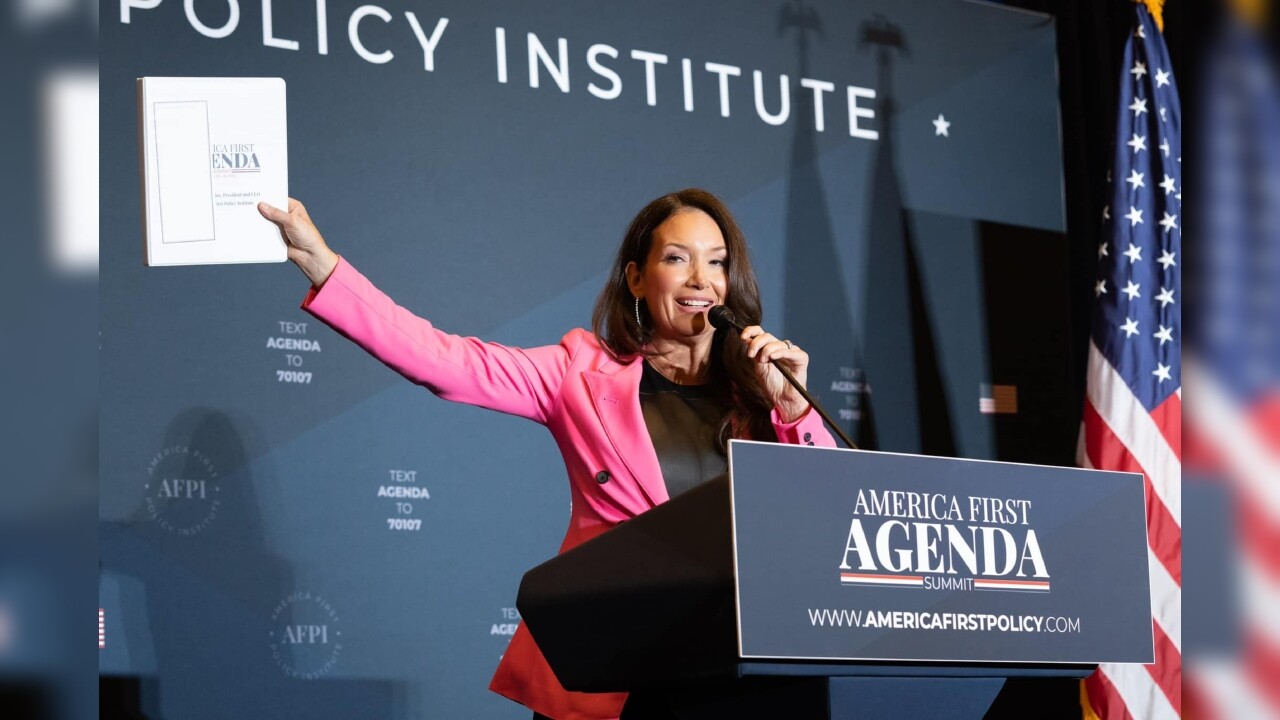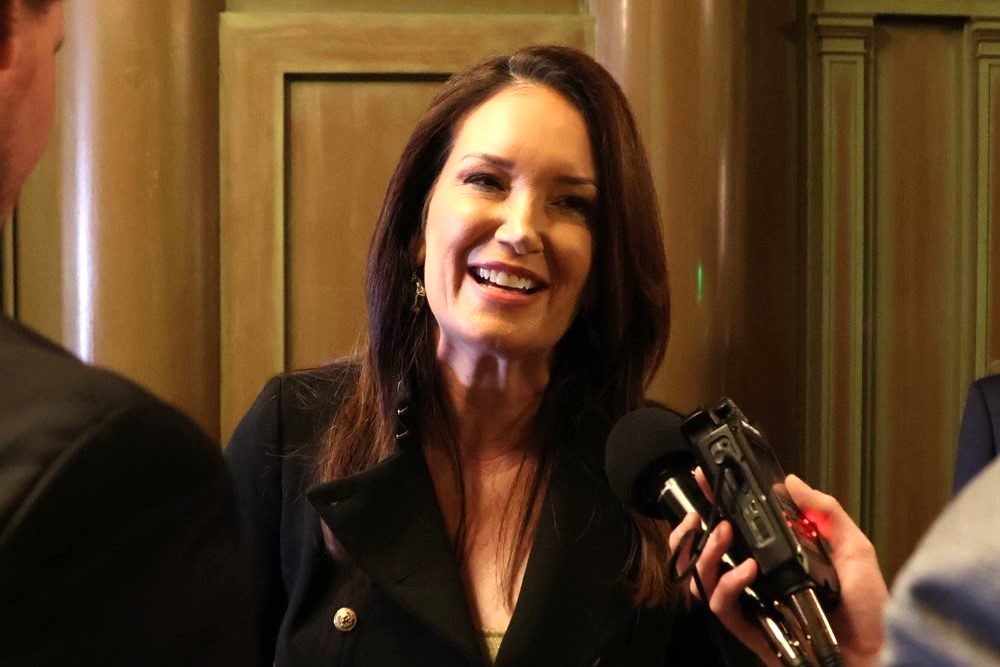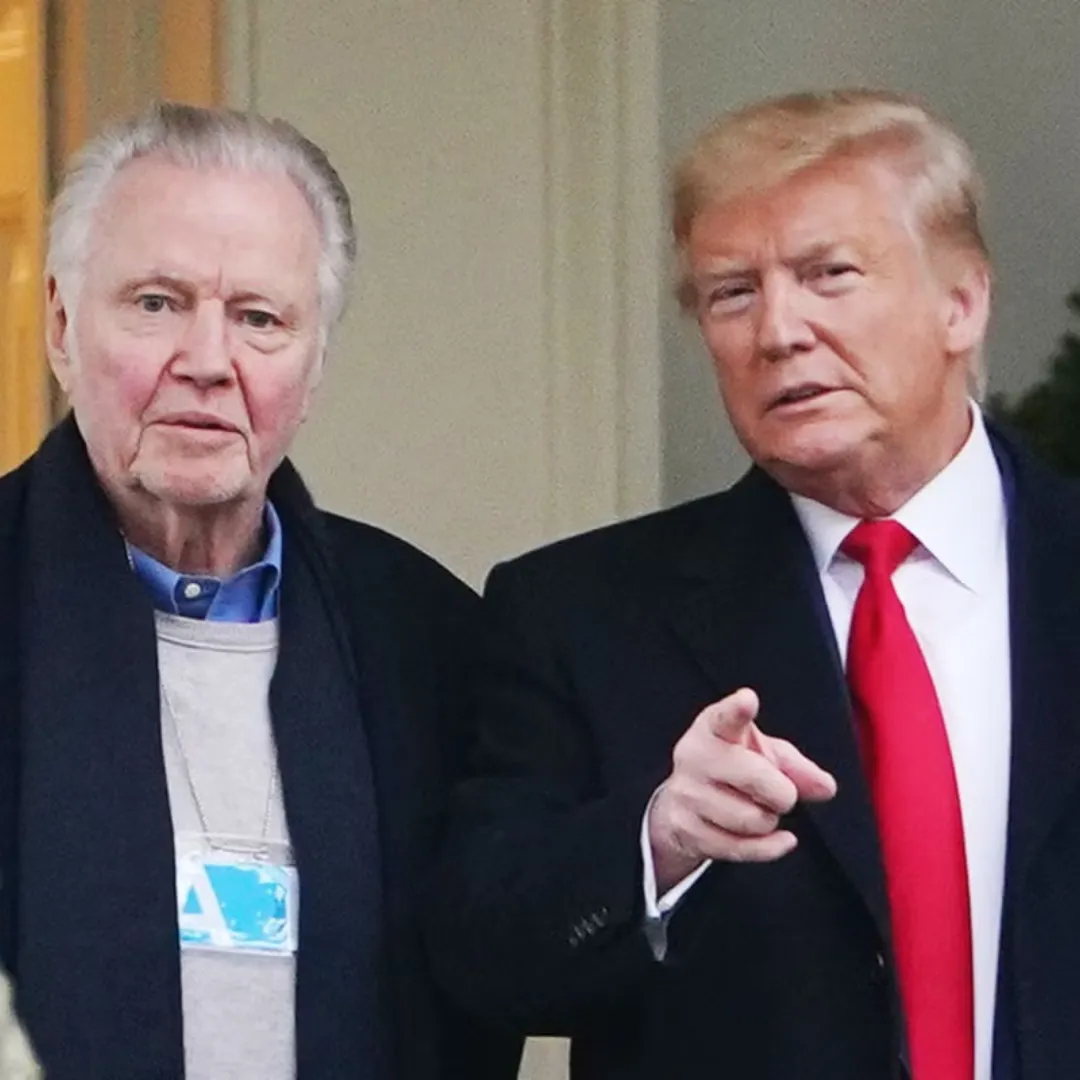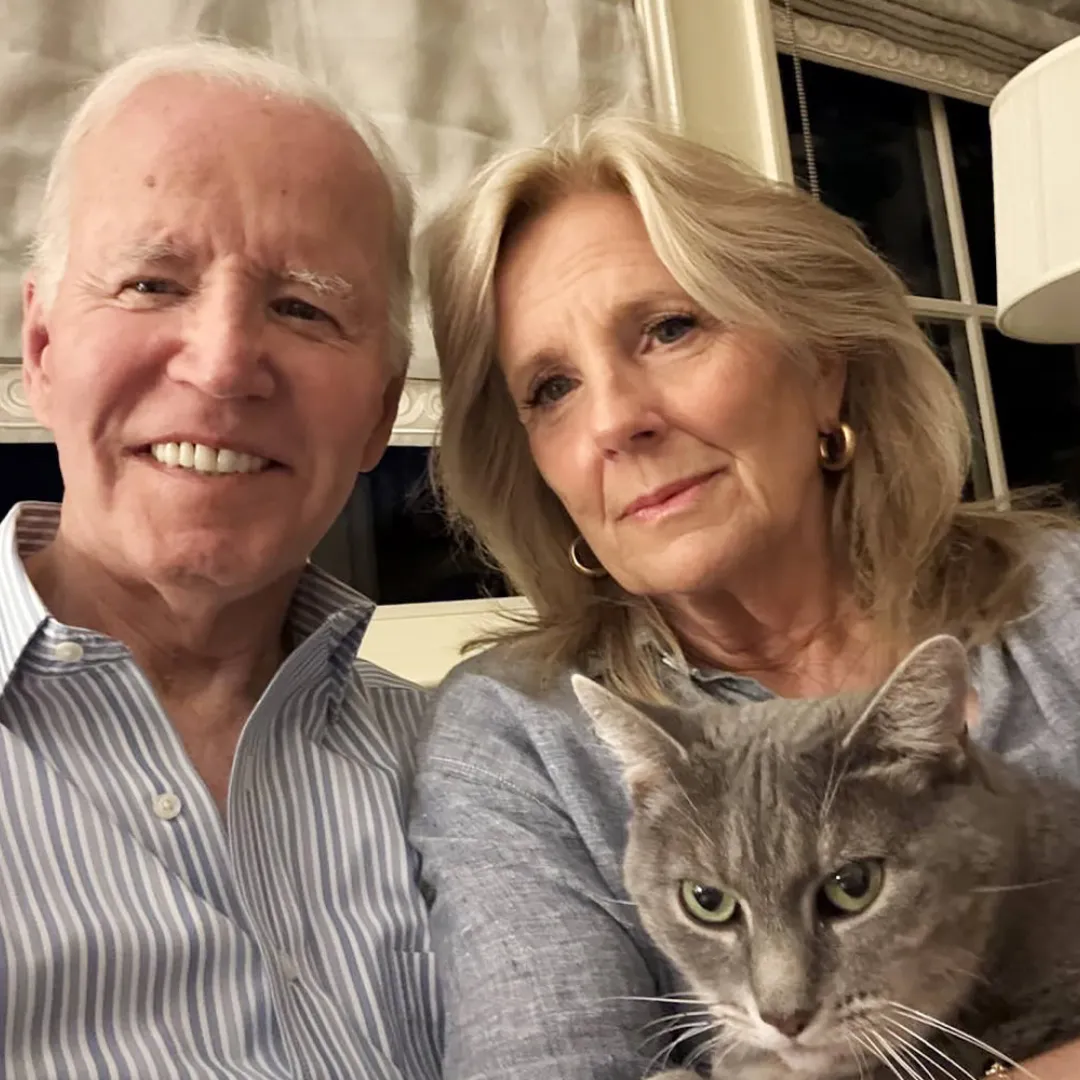
Agriculture Secretary Brooke Rollins said Sunday that egg prices, which skyrocketed to historic highs earlier this year, are finally beginning to fall in several parts of the country, with more relief expected soon nationwide.
Appearing on CNN’s "State of the Union," Rollins cited new data showing significant drops in wholesale egg prices, attributing the trend to policies enacted under President Donald Trump’s administration.
Rollins pointed to the steep increases that occurred before Trump returned to office, noting that when the president was sworn in this January, egg prices were "through the roof."
She emphasized the dramatic rise that had taken place during the previous administration, highlighting how critical addressing the cost of basic goods like eggs has been for the new administration.
"When the president was sworn in, the price of eggs had increased 237 percent under the last administration," Rollins said.
Egg prices, a key indicator for food costs more broadly, hit a record high of $6.23 per dozen in March. The spike had been fueled by a series of compounding factors, most notably a devastating wave of avian influenza that forced farmers to cull millions of egg-laying hens in an effort to stop the spread of the disease.
Despite initial skepticism from some economists and consumer advocates, Rollins insisted that the Trump administration’s strategy for tackling the crisis is now bearing fruit.
"When you look at the wholesale cost of eggs — which drives the retail cost, the retail will follow soon — the actual wholesale cost of eggs is down 58 percent in the last six weeks," Rollins said.

She acknowledged that while retail prices at grocery stores have not fully reflected the drop in wholesale costs yet, the changes are underway and are expected to continue across the country. In some regions, she said, consumers are already seeing notable relief.
"In some parts of the country, it has not followed yet, but it’s coming," Rollins added.
The Agriculture Department’s data supports her optimism. Wholesale egg prices began declining sharply in March, even as consumers continued to feel the pinch at the checkout lines.
Typically, changes in wholesale prices take weeks or even months to fully translate into retail pricing, due to existing supply contracts, transportation logistics, and retailer pricing strategies.
Rollins’s remarks come as the Trump administration seeks to highlight economic progress under its leadership, particularly in areas that directly impact household budgets.
President Trump himself has repeatedly drawn attention to the egg price issue, mentioning it in speeches, interviews, and social media posts as evidence that his economic policies are working for everyday Americans.
The drop in egg prices is also being credited in part to Rollins’s earlier initiatives. In February, she unveiled a comprehensive "five-pronged strategy" to address the crisis in the egg market.
The plan included emergency funding reallocations, increased domestic production incentives, enhanced measures to prevent further bird flu outbreaks, consumer relief programs, and strategic imports.

A major element of the plan involved partnering with Turkey and South Korea to import millions of eggs into the United States. By boosting supply, the administration aimed to ease pressure on prices while allowing domestic producers time to recover from the losses caused by avian influenza.
In late March, Rollins confirmed that the first shipments from Turkey and South Korea had arrived, and the increased supply was beginning to stabilize markets. Industry experts note that the imports helped balance supply during a crucial window when domestic production was struggling to rebound.
Still, Rollins and other officials acknowledge that the bird flu crisis remains a lingering threat. Though recent containment efforts have been successful, the virus continues to circulate in some areas, and farmers remain on high alert.
The Agriculture Department continues to work with states and private sector partners to implement enhanced biosecurity measures aimed at preventing future outbreaks.
Even as wholesale prices fall, the administration faces the challenge of ensuring that savings are passed along to consumers. Retailers often adjust prices slowly, particularly after periods of extreme volatility.
Rollins said the department is monitoring the situation closely and has engaged in discussions with major grocery chains to encourage quicker price adjustments.
"The American people deserve to see the benefits of these lower costs as soon as possible," Rollins said. "We are working with our partners across the food supply chain to make sure that happens."
For many families, the decline in egg prices cannot come soon enough. Eggs are not only a breakfast staple but also a critical ingredient in a wide variety of foods. Price increases in eggs have had ripple effects across the food industry, impacting the cost of everything from baked goods to restaurant menus.

Small businesses, especially bakeries and food service providers, have been particularly hard hit by high egg prices. Many have been forced to raise prices or shrink portion sizes in order to stay afloat.
Some restaurant owners have reported that the surge in egg prices earlier this year led to significant declines in profit margins and even temporary menu adjustments to limit egg-based dishes.
For consumers on fixed incomes, the high price of eggs has added to the strain of broader inflationary pressures. According to a recent survey, a significant percentage of households reported cutting back on egg purchases or seeking alternative protein sources due to the high cost.
Rollins acknowledged these challenges and reiterated the administration’s commitment to bringing relief to American families.
"Families should not have to choose between buying a dozen eggs and meeting other essential needs," she said. "That’s why the president made this issue a top priority from day one."
The effort to lower egg prices also ties into the broader economic narrative the Trump administration is promoting as it seeks to solidify public confidence.
Officials have emphasized a return to lower prices, stronger growth, and greater energy independence as hallmarks of Trump’s second term. Rollins’s comments on Sunday were part of a broader messaging effort to highlight tangible improvements in daily life for Americans.
Still, political opponents remain critical. Some Democrats argue that the administration is taking credit for natural market corrections that would have occurred regardless of policy interventions.

Others point to lingering high prices in other sectors, arguing that the administration’s focus on eggs is a distraction from broader economic issues.
Rollins dismissed such criticisms, insisting that proactive leadership made a difference.
"When you take decisive action — when you put the American people first — you get results," she said. "This is about real people, real families, seeing real relief."
Looking ahead, the Agriculture Department plans to continue monitoring the egg market closely. Rollins hinted that additional measures could be deployed if necessary to prevent another surge in prices.
These could include expanding imports, providing support to farmers for rebuilding flocks, and investing in new technologies to detect and control avian diseases more effectively.
Industry leaders, for their part, welcomed the news of falling prices but cautioned that recovery will take time. The poultry sector has been under immense strain not just from disease outbreaks but also from labor shortages, feed cost volatility, and logistical challenges that predated the bird flu crisis.
"We are optimistic but cautious," said one industry representative. "It’s good to see prices moving in the right direction, but we know there’s still work to do to ensure a stable and resilient supply chain."
For now, consumers in some regions are beginning to see lower prices at the grocery store, and many more are likely to benefit in the weeks ahead. The coming months will determine whether the trend continues and whether the administration’s strategy proves durable in the face of potential new challenges.

As Rollins summed it up during her interview, "The bottom line is simple — after months of hardship, we are finally turning the corner."



